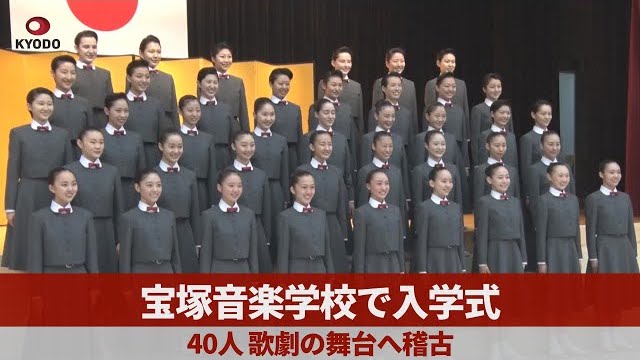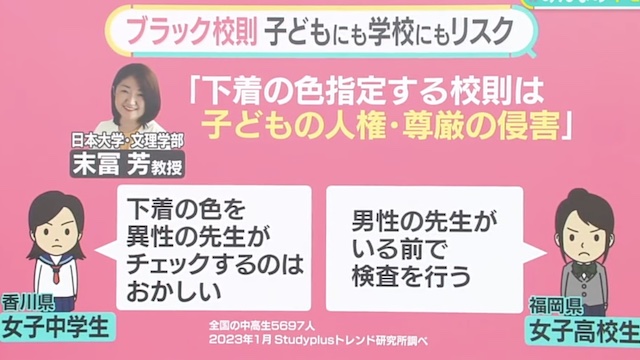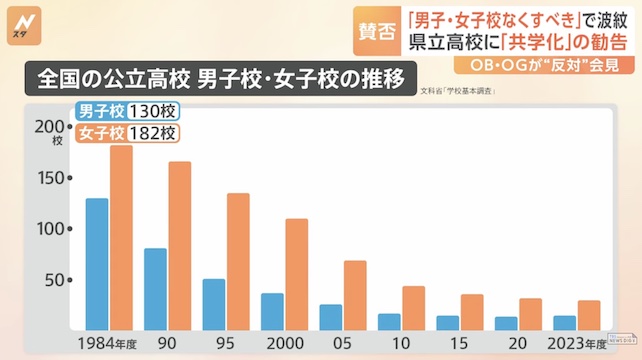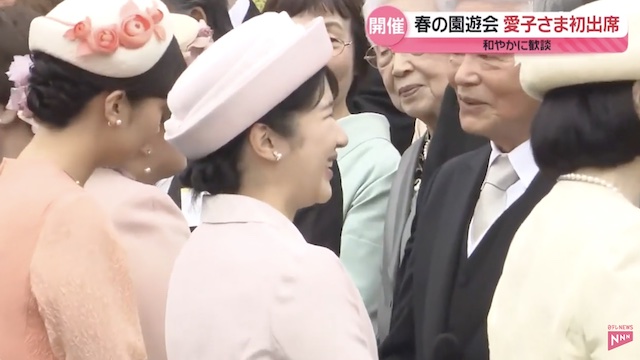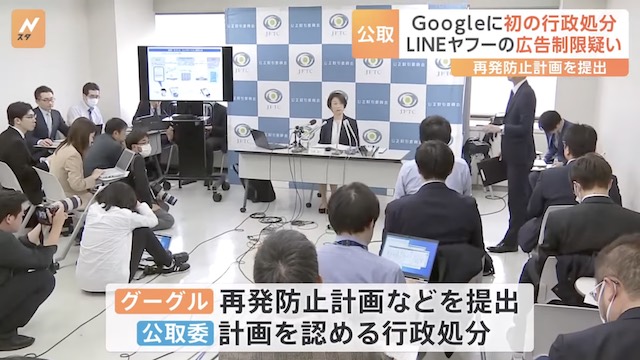Aug 11 (econotimes.com) - At the start of the 1600s, Japan’s rulers feared that Christianity – which had recently been introduced to the southern parts of the country by European missionaries – would spread.
In response, they effectively sealed the islands off from the outside world in 1603, with Japanese people not allowed to leave and very few foreigners allowed in. This became known as Japan’s Edo period, and the borders remained closed for almost three centuries until 1868.
This allowed the country’s unique culture, customs and ways of life to flourish in isolation, much of which was recorded in art forms that remain alive today such as haiku poetry or kabuki theatre. It also meant that Japanese people, living under a system of heavy trade restrictions, had to rely totally on the materials already present within the country which created a thriving economy of reuse and recycling). In fact, Japan was self-sufficient in resources, energy and food and sustained a population of up to 30 million, all without the use of fossil fuels or chemical fertilisers.
The people of the Edo period lived according to what is now known as the “slow life”, a sustainable set of lifestyle practices based around wasting as little as possible. Even light didn’t go to waste – daily activities started at sunrise and ended at sunset.
Clothes were mended and reused many times until they ended up as tattered rags. Human ashes and excrement were reused as fertiliser, leading to a thriving business for traders who went door to door collecting these precious substances to sell on to farmers. We could call this an early circular economy. ...continue reading


